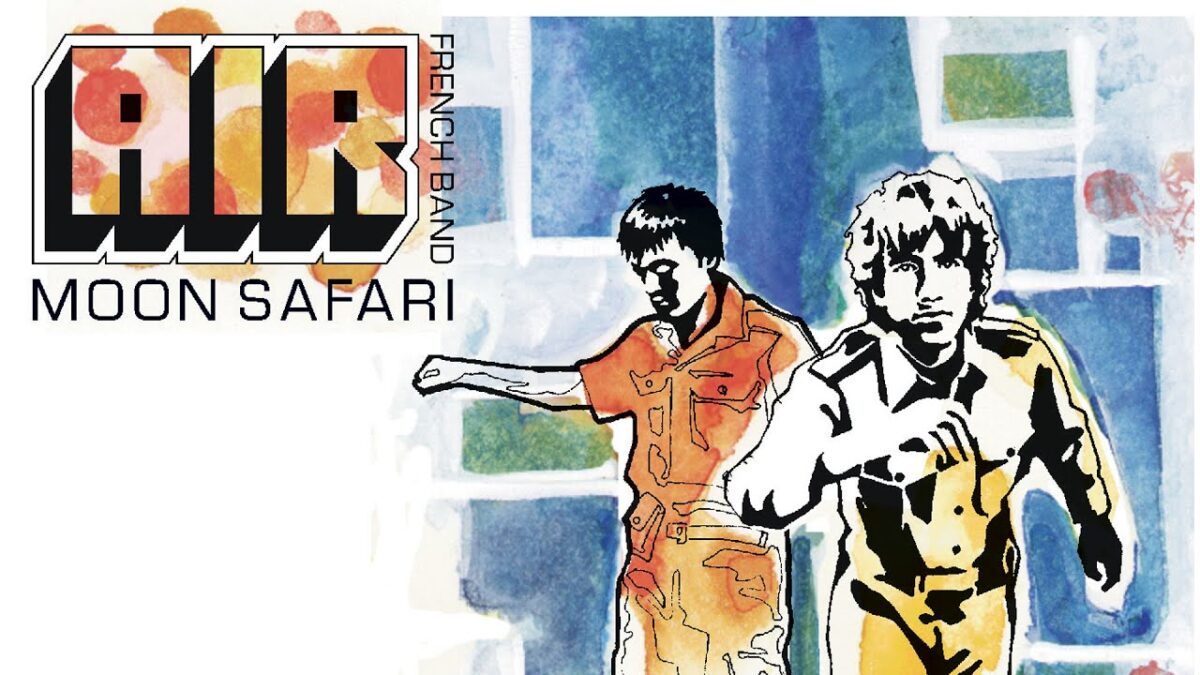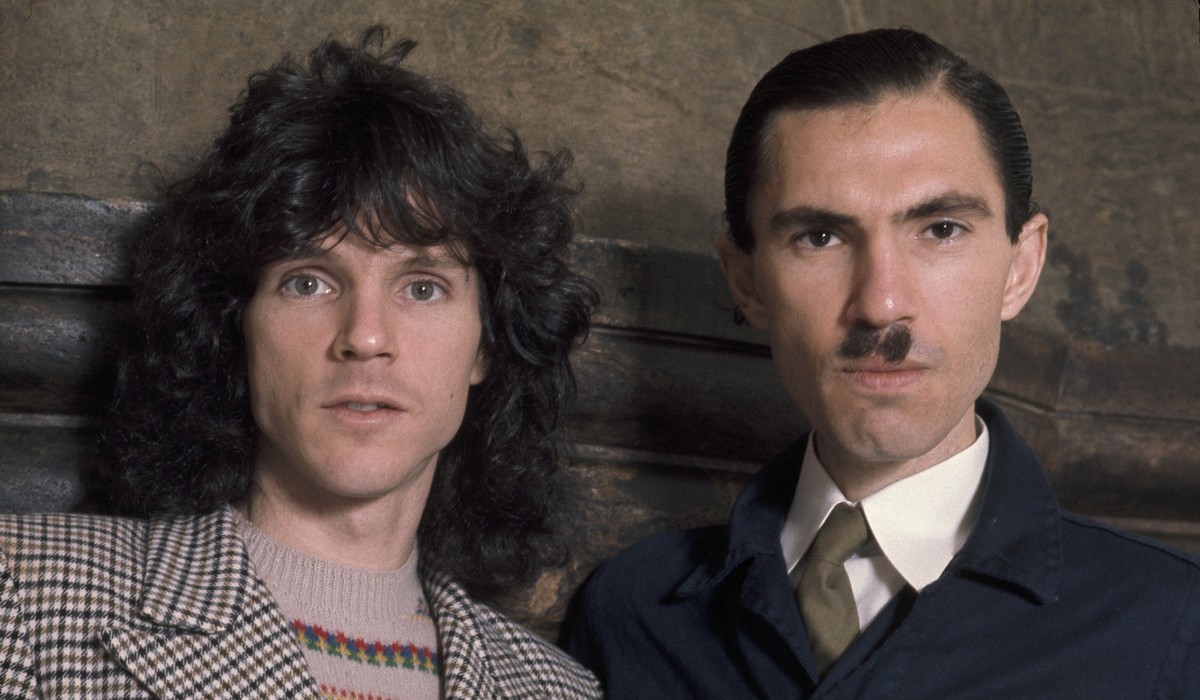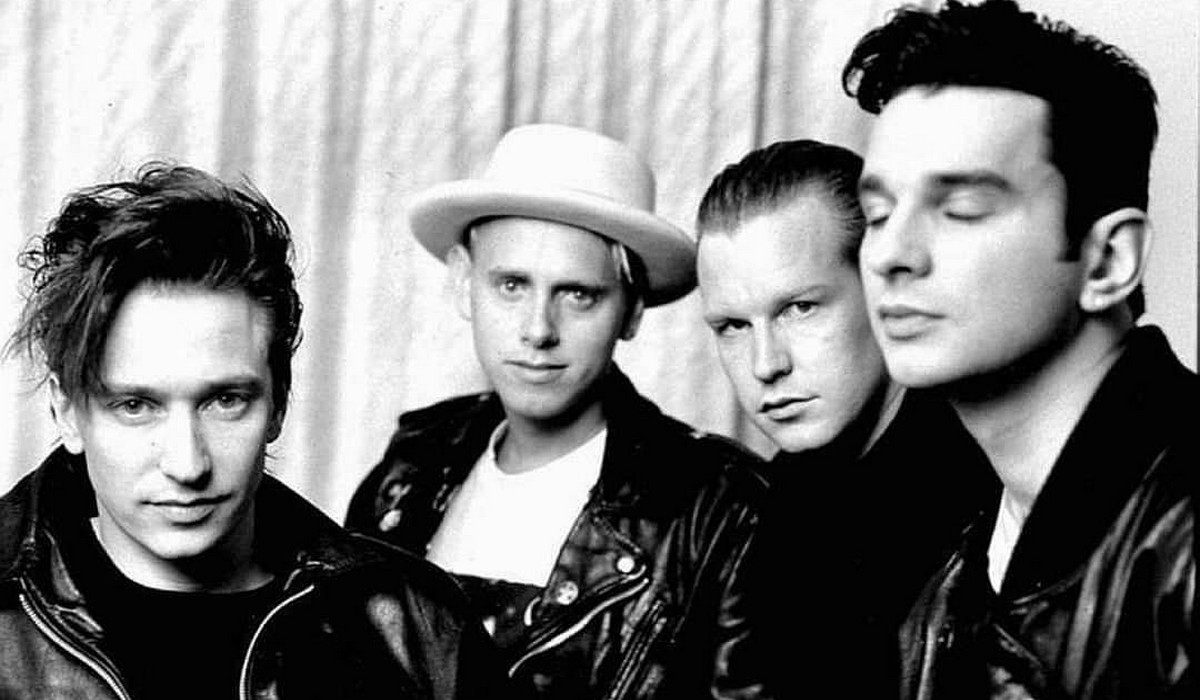A soundtrack for a movie lost in dreams
La Ritournelle sets a mood that requests but commands attention in the gentle, slow rise of the opening chords. Repetitive in structure, the piano moves like warm rain on glass and emotionally changes with each cycle. Always more drawn to sensation than to showmanship, Sébastien Tellier structures the work as a long breath held in time. It advances softly, with drums recorded by Tony Allen that appear to stride barefoot through a dream, never hurried, never looking back. The groove establishes itself swiftly, then everything develops like a whisper across seven minutes.
In a moment of transition, somewhere between personal disorder and aesthetic clarity, Tellier wrote La Ritournelle. He was travelling through Paris at the time, generally clad as a 1970s mystic, riddles uttered, and acting as though time lacked substance. Emerging as a form of ritual, this song created a hypnotic cycle that allows for feelings without defining them. There are no abrupt turns or pauses, only a wave of strings that gently rises behind the tempo as though echoing something distant but recognizable.
Offering contrast to the mechanical pulses of the period, this piece signaled a turning point in French electronic music. Tellier was putting gardens in the shadows as others constructed metal and cement organizations. La Ritournelle debuted in fashion shows, on radio, in movies, and in cafes where the night never ends. It became one of those unusual songs that finds its way into hearts with no need for permission, traversing without seeking it. Its beauty comes from its patience; it lets you fall into it, then keeps you there.
In the early morning haze, my fingers just landed there almost by chance.
(Sébastien Tellier, Les Inrockuptibles, 2020)
Tellier has frequently stated he wanted to create music that feels like floating; La Ritournelle is the nearest he ever came. With the assistance of Cassius’ Philippe Zdar, who saw the beauty of repetition, the strings were arranged. With no need for lyrics to convey meaning, the whole building seems like a carefully built trance. Tellier’s voice comes at last as though rising from under water, tinged with melancholy but without grief. It lingers, then fades, leaving only the echo of the journey.
La Ritournelle still occupies a particular spot in the lives of many listeners even decades later. It fits under that odd genre of songs that seem to exist apart from time. It bears the weight of endless evenings and the perfume of remembrance. This song is Tellier’s purest moment, not his loudest but his most alive, as he once represented France at Eurovision with a huge blue hand and dark glasses.





